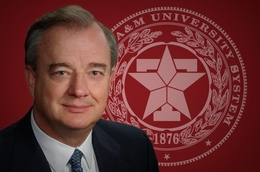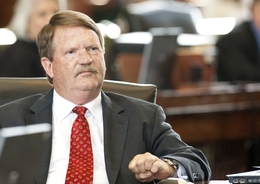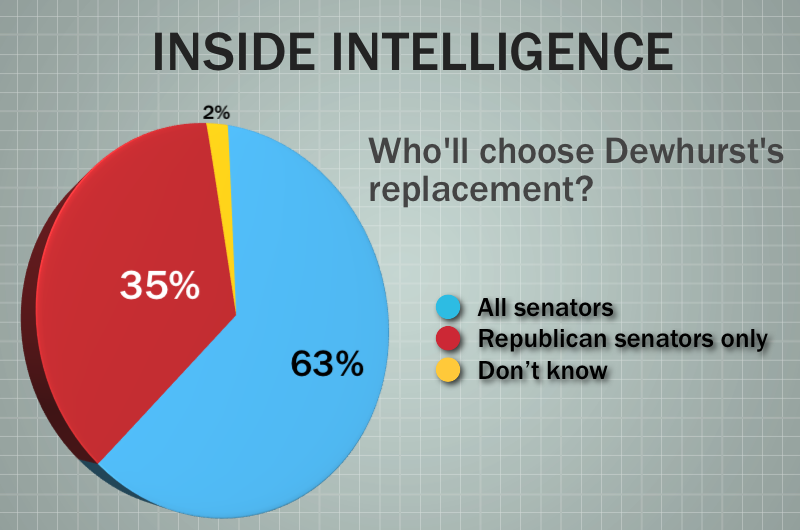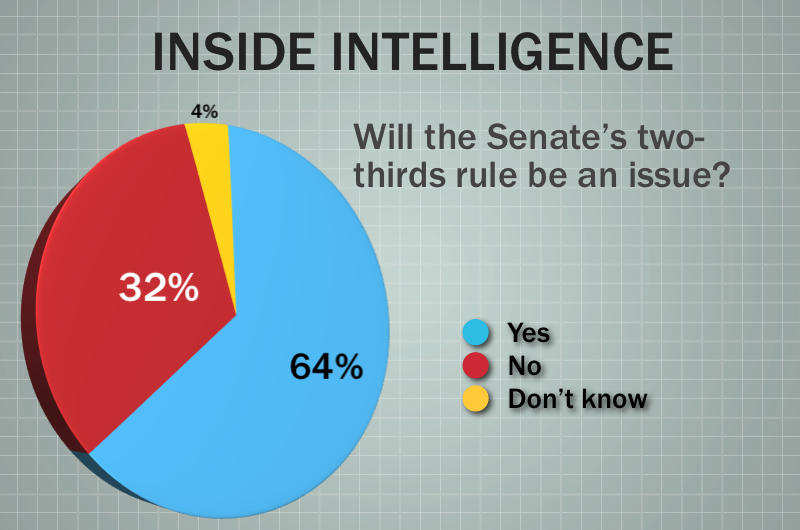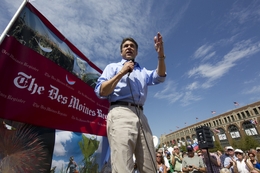
Who knew, when the 1998 race for lieutenant governor was raging, that the combatants would end up like this: Rick Perry is picking his way across Iowa and New Hampshire with his sights set on the White House, and John Sharp is the chancellor-apparent at the Texas A&M University System.
Whodathunkit?
Perry is on familiar and unfamiliar ground. Familiar because he's won six statewide elections in a row and just came out of a yearlong reelection effort. Unfamiliar because everything he says is getting picked apart by hundreds of reporters instead of just dozens, and because he's running a race where he'll eventually need to attract independent voters.
He's done a couple of things that Texas voters haven't seen in a while. He walked back his famous executive order that would have required sixth-grade girls in Texas to get a vaccine against a sexually transmitted virus that is the leading cause of cervical cancer. The Legislature swatted down his HPV vaccine order, but Perry has generally maintained that he was right and that his was a pro-life position. Perry the presidential candidate says he got out in front of the Legislature and they let him know he'd made a mistake.
He had that boo-boo on state's rights and same-sex marriage, first holding up New York's new marriage law as an example of states adopting their own policies without federal oversight. When his opponents jumped him for that, he backtracked and said he'd support a constitutional amendment that would keep the states from allowing same-sex marriage. Sorry, y'all.
Then he popped off about the Federal Reserve, awkwardly stealing an issue from U.S. Rep. Ron Paul, R-Surfside, and guaranteeing himself some headlines by the way he said it. “If this guy prints more money between now and the election,” Perry said of Federal Reserve Chairman Ben Bernanke, “I dunno what y’all would do to him in Iowa, but we would treat him pretty ugly down in Texas. Printing more money to play politics at this particular time in American history is almost treacherous, err, treasonous in my opinion.”
That word — treasonous — got him the headline, and a few days of discussion. The effect? People who like the idea of spanking the Fed got a signal that Perry is on their side. And anyone who wants to shoot at Perry as an intemperate conservative got another arrow they can use later. That might or might not be of use in the Republican primaries, but it's the sort of thing that could be useful when independent voters are at stake.
This is an open question about the governor of Texas. His close general election races were in 1990 and 1998. A couple of Democrats have put up fights since then, but in Texas at this time in its political history, they might as well have run as Vegetarians or Musicians. Running for president is different: Democrats, Vegetarians and Musicians can actually pull some votes. Independents, who are arguably turned off by partisans, are important.
Perry can identify with Dorothy and Toto: He's not in Texas anymore.
The huge advantage for Republicans in this election cycle is that the incumbent has a rotten economy on his plate. But he also doesn't have a primary to run, and can move to the center, where the independents live, while Perry and the other Republicans are still fighting out there on the right wing.


